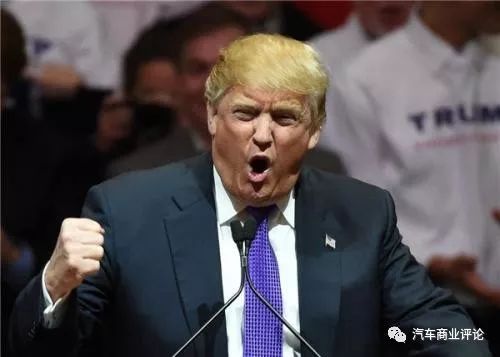Trump’s government announced plans to launch the “232†survey and plans to raise the tariff rate on imported cars to a maximum of 25%. This move has not only been criticized by people in the Republican Party and allies, Germany, Japan and other countries also expressed their opposition. “The auto industry will have major events. For decades, the jobs of American workers have been seized by other countries to keep you waiting!†On May 23, US President Trump wrote on Twitter. On this day, he met with Commerce Secretary Wilbur Ross and instructed Ross to initiate the "232" investigation. The investigation is mainly to prove whether imported cars and accessories will undermine the national security of the United States and whether it will hinder the research on the leading technologies of American automobiles. According to relevant sources, if the results of the national security survey were established, the Trump administration would consider increasing the vehicle import tariff to 25%. Although on May 11 Trump met with car manufacturers at the White House, he already proposed to levy a 20% or 25% tariff on imported cars. However, the news came out, still attracting a sense of loss at home and abroad. It is the voice of opposition. Questioning the U.S. Automobile Industry It was Trump’s allies and the American auto industry who took the lead to get out. Republican lawmakers and the American Chamber of Commerce expressed their opposition, saying that the second move was not due to national security reasons, but was due to economic and trade protectionist considerations. This will damage the U.S. economy, damage the supply chain, damage the relationship with allies, and trigger a global trade war. John Bozzella, CEO of the US Association of Global Automakers, said Trump’s move will undermine the healthy development of the US auto industry and will also lead to a counterattack by automakers worldwide. American car consumers are also a bad news. The Auto Manufacturers Alliance (AAM), which represents the interests of American automakers and some foreign auto companies, also criticized Trump. They firmly believe that imported vehicles are not enough to threaten the national security of the United States. They strongly hope that the government can reduce tariffs and promote free trade, and that they can get along well with foreign manufacturers and compete fairly. Dave Sullivan, an analyst with Auto Pacific Inc., even pointed out that Trump did not understand the U.S. auto industry. This is likely to be counterproductive. The Republican Party has always supported free trade and it is unclear about the internal government. consider. Sullivan also stated that at least one component of each American-made car is imported from abroad. America's automobile manufacturing has been deeply integrated into the world's automobile and parts manufacturing system; in the automobile manufacturing industry, there are many jobs that American workers are unwilling to do, such as the sewing of automobile steering wheels, the welding of battery panels, and so on. In addition, the return of manufacturing will also make American automakers more vulnerable to fluctuations in manufacturing demand. Global rebellion Similarly, since Trump announced the launch of the 232 investigation into imported cars, several interested countries have also made clear their opposition. Mexican economic minister Ildefonso Guachardo said in an interview with local television on the 25th this month that Mexico’s attitude in the North American Free Trade Agreement negotiations will not change. Mexico’s economist Luis de la Karle believes that if the United States imposes high tariffs on imported cars, the competitiveness of North America will be affected. It is wrong for the United States to use pressure as a bargaining chip to negotiate the North American Free Trade Agreement. This exposes the United States' own vulnerability. Japan’s various circles also oppose this. Japanese Prime Minister Shinzo Abe said: "If it goes into effect, it will cause very extensive restrictions on trade and it will cause chaos in the global auto market." In its report on the 25th, Japan’s “Daily News†pointed out that if the U.S. government decides to impose high tariffs on cars, the impact on Japanese industry will be far greater than the restrictions imposed on steel and aluminum products in March this year. About 40% of Japan’s export vehicles are sold in the United States, with exports amounting to approximately 4.6 trillion yen, accounting for approximately 30% of total vehicle exports, and auto parts exports to the United States of Japan amounting to as much as 900 billion yen. The report also stated that the U.S. abusing import restrictions may very well violate WTO rules. Bernhard Matters, chairman of the German Automobile Industry Association, said in a statement that the German auto industry is closely watching developments and expressed great concern that it hopes the United States will not increase tariffs. "This is a nightmare for the German automotive industry!" Germany’s “Time Weekly†pointed out on the 24th of this month that the United States is the second largest export market for German cars after China. According to experts' estimation, once the United States imposes high tariffs, it will cause the German auto industry to lose hundreds of millions of euros. German BMW also issued a statement saying that the free market is a key factor in BMW's business model and a cornerstone of global economic growth. Italian media and agencies also pointed out that the so-called “232 survey†in the United States may have a negative impact on Italian automobile companies and even the global automotive industry. The United States is the largest export market for Italian cars, accounting for 18% of its foreign market share. Although some production sites of Fiat-Chrysler Motors are located in the United States, they may also be affected. Alfa Romeo and Maserati brands may be greatly affected. The official spokesman of China responded that it will conduct a comprehensive assessment of the possible impact and firmly defend its own legitimate rights and interests. The U.S. increase of auto import tax will not have much impact on domestic auto manufacturers, but it will have a greater impact on Chinese auto parts. In 2006, China exported 1.064 million vehicles, of which only 53,000 were exported to the United States, accounting for only 5% of exports. However, the United States is the largest exporter of auto parts in China, and China’s exports to the United States account for 25%. Trump’s move will, to a certain extent, affect Chinese auto parts manufacturers. Why does Trump compete with the global automotive industry? Even though the voice of opposition is higher than a wave, why does Trump still insist that the increase in taxes will benefit the United States and stick to it? One view is that Trump is intended to win over voters and prepare for the mid-term elections on November 6, 2018. This election will determine whether the Democratic Party or the Republican Party will control the House and Senate within the next two years. Trump has advocated the principle of "Utmost America" ​​since he took part in the election and played the role of American interests and the protection of industrial workers. This is especially true in the automotive industry with the most American characteristics. In the 2016 presidential election, Trump’s image also indirectly helped him win the support of traditional industry towns such as Michigan and Ohio. Trump's move is intended to protect the domestic auto manufacturing industry, improve the employment opportunities of American auto workers, and win the support of workers. According to the latest poll by Reuters, Trump’s Republican support rating rose to 41.4% from 31.7% at the end of March, marking the first time in the mid-term elections. Another way of saying is that Trump is intended to force Canada and Mexico to make concessions in the negotiation of the North American Free Trade Agreement, while exerting pressure on Japan and the European Union. Recently, the ministerial talks on North American free trade stalled. The United States tried to get Mexico to accept a car-centered agreement to advance the return of the US car manufacturing industry, but Mexico has been unwilling to compromise. Disagreements about the rules of origin of automobiles are an important reason for the stalemate in the three-nation trade negotiations. These two countries and regions have huge export of automobiles to the United States, and the negotiation of the North American Free Trade Agreement has also been hampered to some extent by the automobile. Before starting the security investigation, Trump had publicly stated that Mexico and Canada had become accustomed to taking advantage of the United States. They were very dissatisfied with their demands because no one had previously taken care of it and they had been spoiled. He also said that although Mexico and Canada are difficult to deal with, in the end we will win a big victory. However, some analysts believe that Trump's move is mainly aimed at the major car manufacturers in the European Union, Canada, Mexico and Japan. According to U.S. official statistics, in the year of 2017, the United States imported 8.3 million vehicles, accounting for half of the United States’ car sales. Among them, Mexico exports 2.4 million, Canada 1.8 million, Japan 1.7 million, South Korea 93,000, Germany 50,000. "Core industries such as automobiles and auto parts are critical to our national power," Trump said at a press conference. He believes that overseas imports have eroded the American automobile industry in recent decades. Stainless Steel Zipper Pull,Stainless Steel Luggage Zipper Puller,316L Stainless Steel Luggage Zipper Puller,304 Stainless Steel Luggage Zipper Puller Dongguan New Decoration Material Technology Co., Ltd. , https://www.xsjmim.com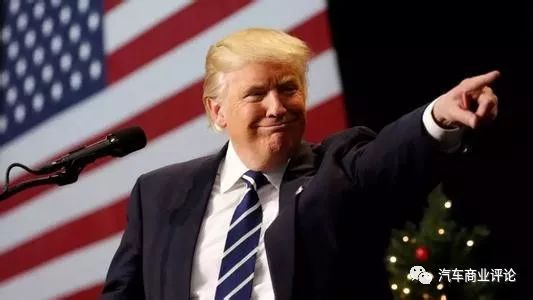
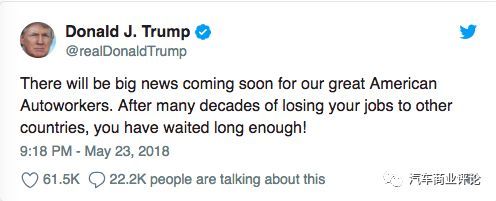
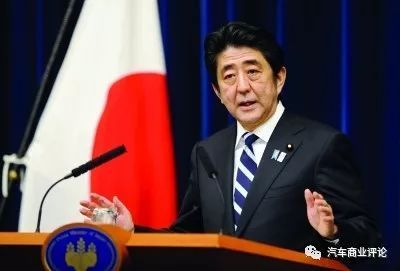
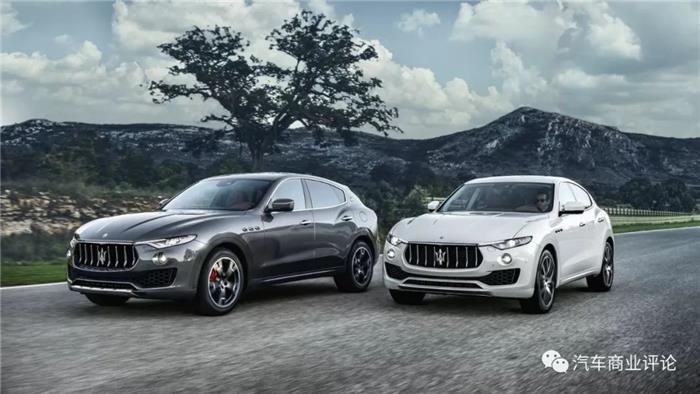
![]()
